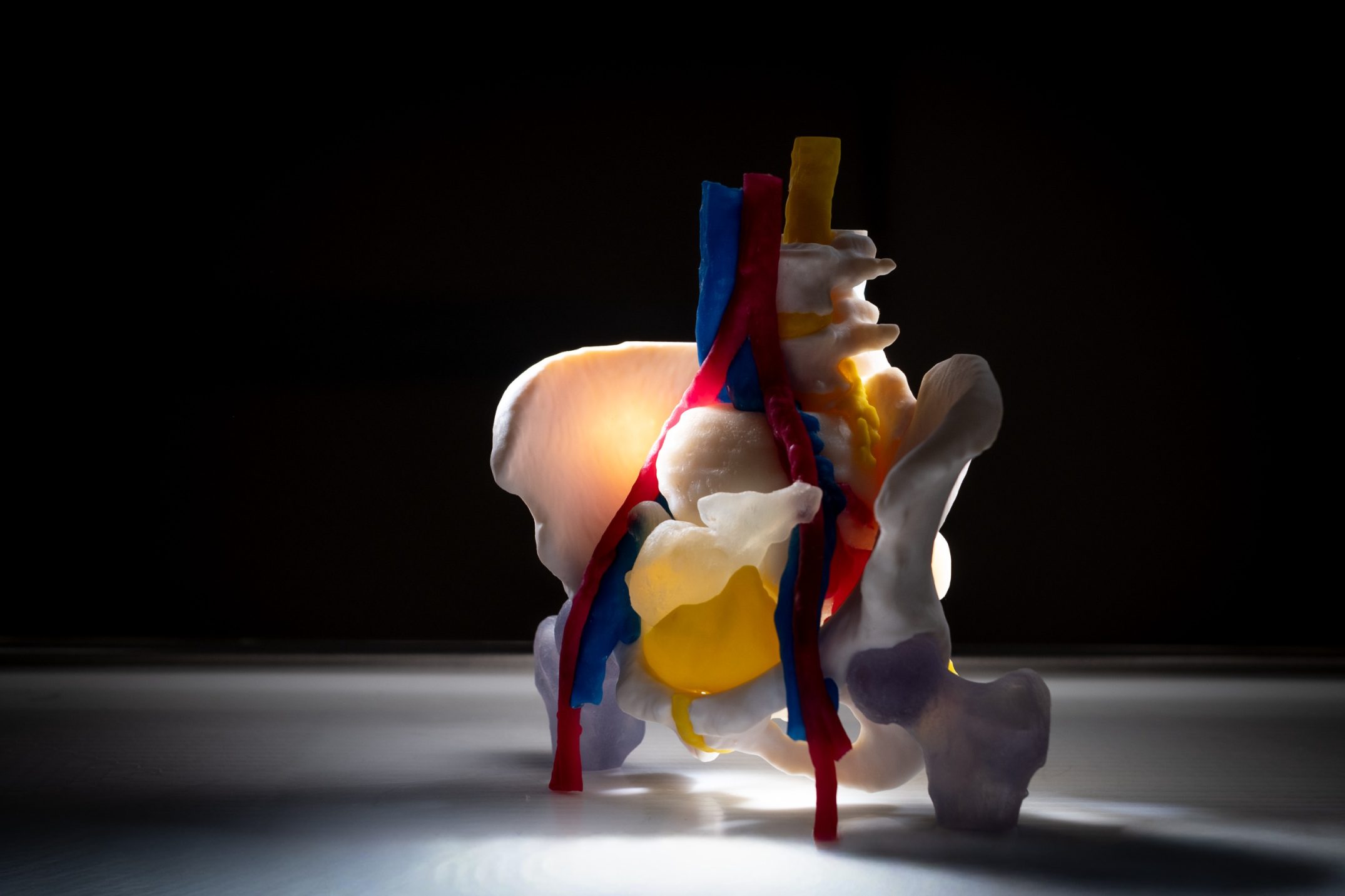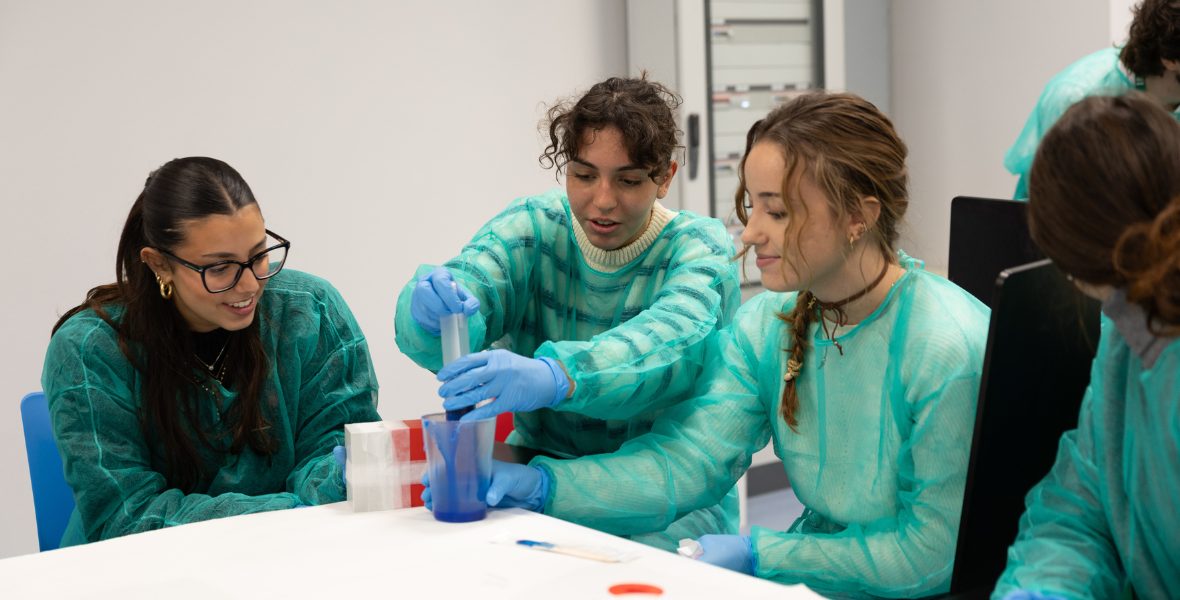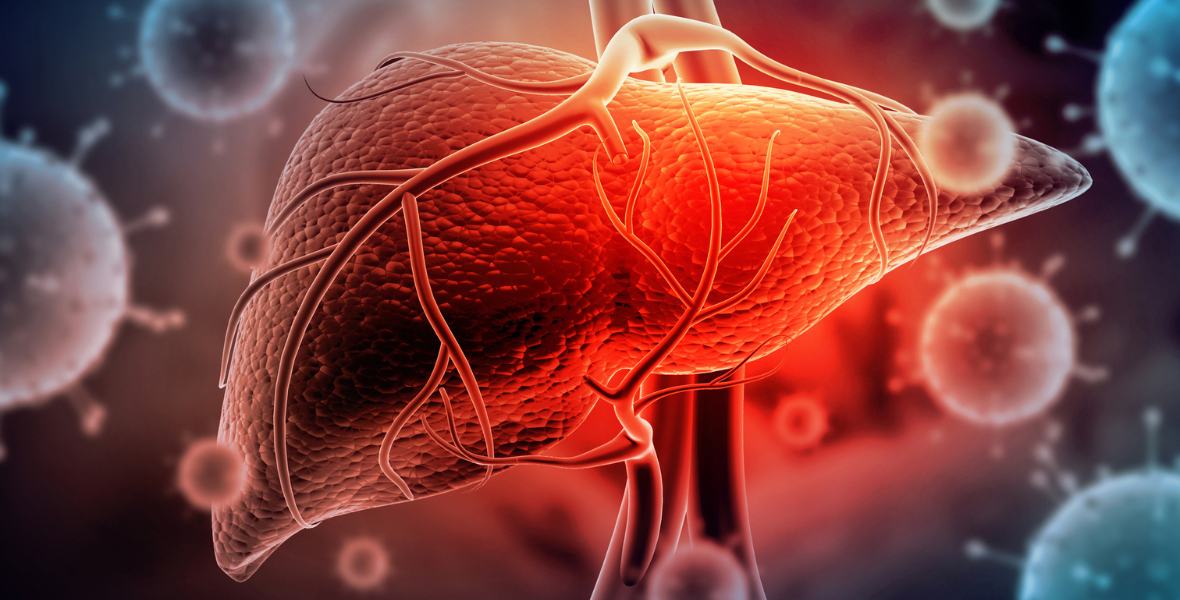Being exposed to pets at early stages of life may have a impact on your risk of getting pet allergies in the future.
Some studies have shown that children who live with a dog in their first years might resist upper respiratory infections more easily than those who do not live or have a dog during childhood.

Allergic reactions in a few people are caused by the proteins animals keep in dander and to a lesser extent, the proteins they keep in their saliva. Research shows that children who are in contact with animals before the age of 1 are less likely to face allergies later in life.
What can you do if you are allergic to pets?
Of course, the optimum thing to do would be to take it away from home. However, the second-best option is to restrict the pet from entering your bedroom, use air cleaners with HEPA filtration, and clean the dog or cat as much as possible.
Common treatment may include medications to maintain nasal, eye and chest symptoms. Your doctor may suggest immunotherapy if symptoms are not adequately controlled by different medications and treatments.

Symptoms of allergies:
- In case of small reactions, symptoms such as a rash or hives, itchiness, watery or red eyes, hay fever, and runny nose may present themselves and affect a certain area of the body. Small reactions do not escalate to other parts of the body and are not hard to control.
- Moderate reactions include symptoms that advance to other areas of the body. Symptoms may include itchiness, hives, swelling and breathing difficulties.
- Anaphylaxis is a strong allergic reaction. It is a rare, life-threatening emergency in which the body’s reaction is sudden and severe. Anaphylaxis may start with heavy itching of the eyes or face. Instantly, more dangerous symptoms start developing, including throat swelling, which could result in: difficulty swallowing and breathing, abdominal pain, cramps, vomiting, diarrhea, hives and swelling. It can also cause mental confusion or dizziness since there is a drop in blood pressure.
Whenever you are concerned that you may have pet allergies, don’t wait too long to see if your symptoms will disappear by themselves. When your symptoms are consistent for longer than a week or two, make an appointment with an allergy or immunology specialist to find out more and receive proper treatment.
Allergic pet owners often use their own strategies to justify and prevent allergy symptoms.






